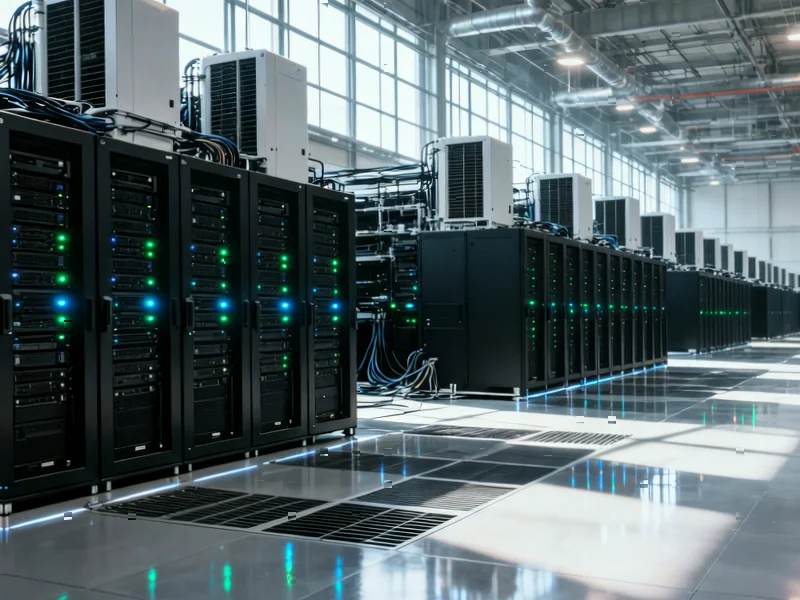According to PYMNTS.com, Instacart just announced its new AI Solutions suite specifically designed for grocery retailers. The launch involves partnerships with major AI companies including Google, Microsoft, and OpenAI to provide agentic commerce capabilities. Retailers already on board include Sprouts Farmers Market, Good Food Holdings, and Kroger, which separately announced an expanded partnership with Instacart. CEO Chris Rogers positioned this as the “next chapter” in Instacart’s enterprise story, claiming it will help grocers of all sizes compete in an AI-powered world. The announcement comes as PYMNTS reported in October that agentic AI is leading to a “reinvention of commerce” where prompts become the new interface instead of traditional shopping carts.
What Agentic Commerce Actually Means
So what exactly is “agentic commerce”? Basically, instead of you manually searching for products and building a cart, an AI agent does the work based on conversation. Think telling an AI “plan a week of healthy dinners for my family of four” and having it automatically build your grocery list and basket. Kroger’s Chief Digital Officer Yael Cosset described it as making shopping “as simple as a conversation” where the AI truly understands what matters to customers.
Here’s the thing though – this isn’t just about better search. The real shift is that commerce becomes structured around prompts rather than traditional browsing. Instead of waiting for humans to click “buy,” the AI becomes the shopping assistant that handles the entire process. It’s a fundamental change in how we interact with stores.
Instacart’s Big Bet on AI Partnerships
Instacart’s strategy here is fascinating. They’re not trying to build all the AI themselves – they’re creating the grocery engine that every generative AI company will eventually connect to. They’re betting that by partnering with Google, Microsoft, and OpenAI, they can become the essential infrastructure for AI-powered grocery shopping across all platforms.
And honestly, that’s probably smart. Building world-class AI is incredibly resource-intensive, but Instacart already has the retail partnerships and grocery data. By connecting their existing network to AI companies’ consumer reach, they create a powerful ecosystem. The company explicitly said they expect “every generative AI company” to eventually connect to their grocery engine.
The Real Challenge Ahead
But let’s be real – the success of this depends entirely on whether people actually want to shop this way. Will consumers trust an AI to make their grocery decisions? Getting meal planning right is surprisingly complex – dietary restrictions, family preferences, budget constraints. An AI that suggests expensive ingredients or misses allergy concerns could quickly lose user trust.
There’s also the question of whether this becomes genuinely useful or just another gimmick. The technology has to be significantly better than current methods to change consumer behavior. If it’s just a fancy voice search that still requires constant correction, people will stick with what they know.
Still, the potential is massive if they get it right. Instacart’s playing the long game here, positioning themselves as the essential plumbing for the future of grocery shopping. Whether that future arrives in months or years remains to be seen.




